Supporting Information (1)
-
LPC-Link2 Debug Probe Firmware Programming[DEBUG-PROBE-FIRMWARE]
User Guide (1)
-
LPCScrypt User Guide[LPCSCRYPT-UG]
Note: : LPCScrypt is now installed as part of LinkServer, the recommended utility package for NXP LPC-Link2 (and its replacement, MCU-Link).
LPCScrypt is the recommended tool for programming the latest versions of CMSIS-DAP and J-Link firmware onto boards with Link2/LPC-Link2 debug probes. Please note that LPCScrypt does not support other types of debug probe.
As well as being used for LPC-Link2 debug probes, LPCScrypt is also a command-line based, flash, EEPROM, OTP and security programming tool for LPC1800 and LPC4300 series microcontrollers. LPCScrypt consists of a multi-platform command line tool and an MCU firmware monitor. For further information please refer to the documentation provided in the installation.
Contact your local NXP® representative to obtain the enhanced version (required for export control compliance).
Quick reference to our documentation types
2 documents
Compact List
Please wait while your secure files are loading.
1-5 of 6 hardware offerings
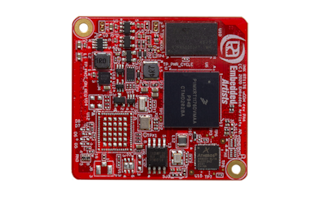
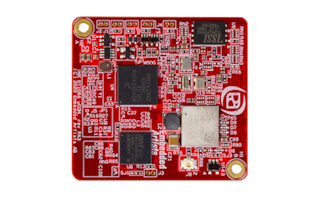
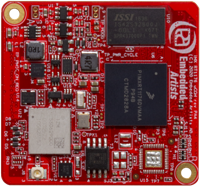
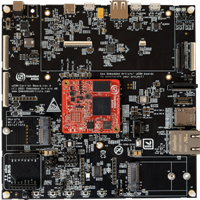
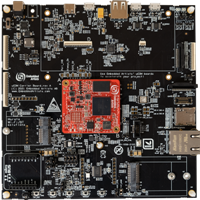
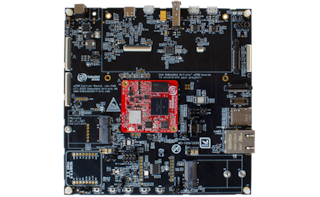
To find a complete list of our partners that support this software, please see our Partner Marketplace.
Quick reference to our software types.
2 software files
Note: For better experience, software downloads are recommended on desktop.
1 software offerings

To find a complete list of our partners that support this software, please see our Partner Marketplace.